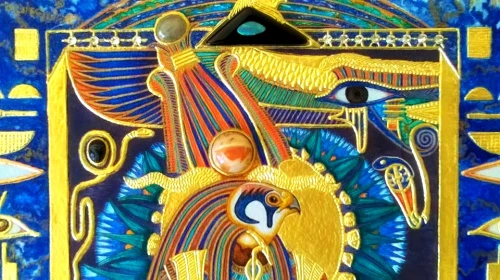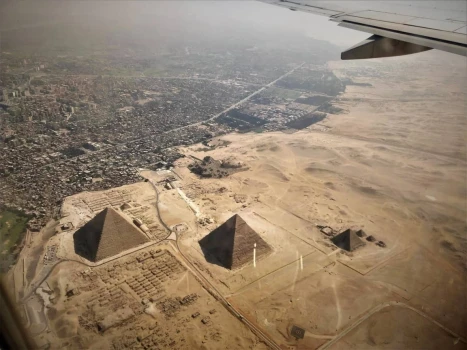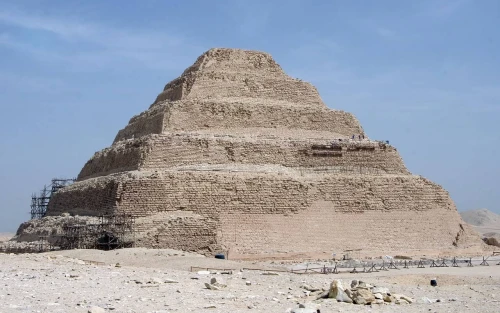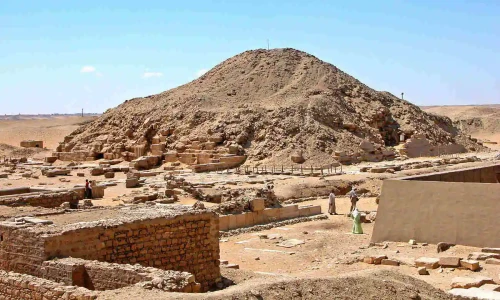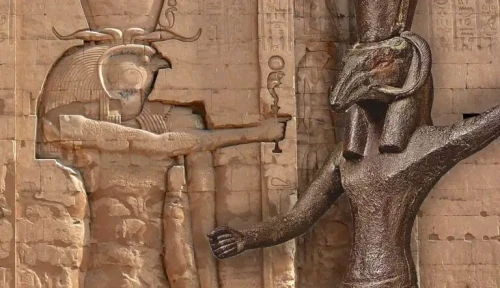
CANNIBAL HYMN A collection of inscriptions by the Fifth Dynasty king, U, A& (2375–2345 B.C.). The PYRAMID TEXTS state that if the king eats them, he will possess godlike power. The so-called Cannibal Hymn got its moniker in the nineteenth century when Egyptologists translated the language for the first time and misread it to mean that ancient Egyptians were cannibals. Pharaoh Unas's fear about his survival in the afterlife is evident in the text. Stealing the power of the gods was one way to get protection. A lengthy inscription on the pyramid's antechamber east wall claims that the king feeds on the gods in order to subdue them. Among the verses is this one:
Their spirits are ingested, and Unas eats their magic.
His morning meal is one of their larger ones.
His evening meal will be one of their medium ones.
Their young ones will be his dinner.
Their elderly women and men serve as his fuel.
In the northern sky, The Great Ones
set him ablaze For the contents of the kettles with the thighs of the elderly.
Because Unas is served by the skydweller, the pots are scraped for him.
As a result, Unas claimed his new authority and gained godlike status. He allegedly grew to be so strong that even the gods were afraid of him, according to another passage of the tale. The king's immortality and ongoing well-being in the skies was a dramatic problem that required a dramatic solution.
There is little evidence of cannibalism in ancient Egypt, with the exception of the Cannibal Hymn, which most experts agree should not be taken literally. A legend was originated by the Roman satirist JUVENAL in the first century, and it persisted over the ages. Juvenal despised everything that was not Roman, even Egyptians. He claimed that their peculiar religion forbade them from killing animals like cats or rams.
 English
English
 Spain
Spain


